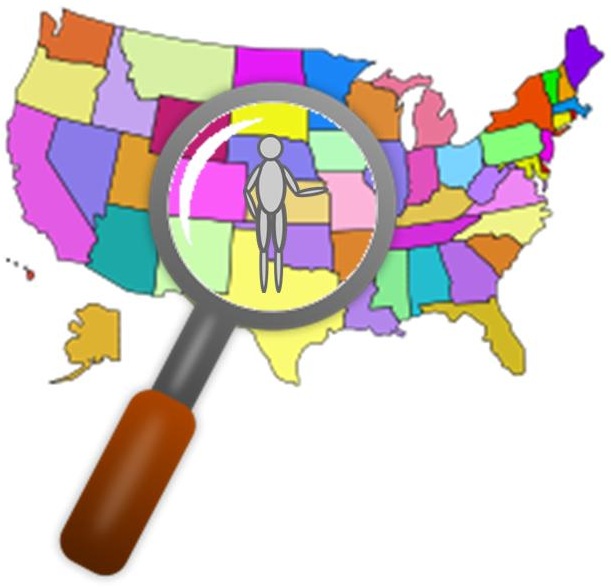Retailers now have new regulations to which they must adhere with location based marketing.
When it comes to mobile marketing, geolocation has provided advertisers with an unparalleled opportunity to understand their customers and communicate with them at the perfect moment in the shopping experience.
Location based marketing does involve the collection of a customer’s position, of which a privacy watchdog is highly aware.
In France, a privacy watchdog has looked into the use of geolocation technology as a marketing method and has now implemented limitations for retailers and tracking companies with regards to what they are permitted to do. The goal of these restrictions is to help to protect the privacy of smartphone carrying customers. While the Commission National de l’Informatique et des Libertés (CNIL) says that it is trying to keep private data safe, at the same time, many French retailers now feel as though they have had all of their opportunity for this technology cut off.
The geolocation rules that have been drafted by the CNIL provide strict guidelines regarding what can be tracked.
 Some retailers feel that their ability to use location based marketing through geolocation has been nullified by the CNIL rules. The idea behind this type of mobile marketing is to track the movement of consumers throughout a brick and mortar location, or to know when a customer has approached a store so that advertising and promotions can be sent to them at the moment that they are most receptive to information about deals, opportunities, products, or brands.
Some retailers feel that their ability to use location based marketing through geolocation has been nullified by the CNIL rules. The idea behind this type of mobile marketing is to track the movement of consumers throughout a brick and mortar location, or to know when a customer has approached a store so that advertising and promotions can be sent to them at the moment that they are most receptive to information about deals, opportunities, products, or brands.
This type of tracking can also provide a mobile advertising firm or a retailer with the route that customers take while they are within a store as well as the length of time that they spend viewing a specific ad. With this information, advertisers can change their strategies to better appeal to consumers because the information and offers that they provide will be more interesting and relevant to the people who are actually shopping.
However, the privacy watchdog feels that the type of data collection through geolocation places the customer’s privacy and mobile security at risk. It has demanded that if these techniques are used by a retailer, that company must first report this to a special committee and also inform their customers of the techniques being used and the purposes for which the data is being collected. Moreover, as soon as the customer has left the store, any individual data must be deleted. No camera images can be collected and stored and none can be passed to a third party.

 The think tank has raised considerable concerns regarding consumer safety and security.
The think tank has raised considerable concerns regarding consumer safety and security.